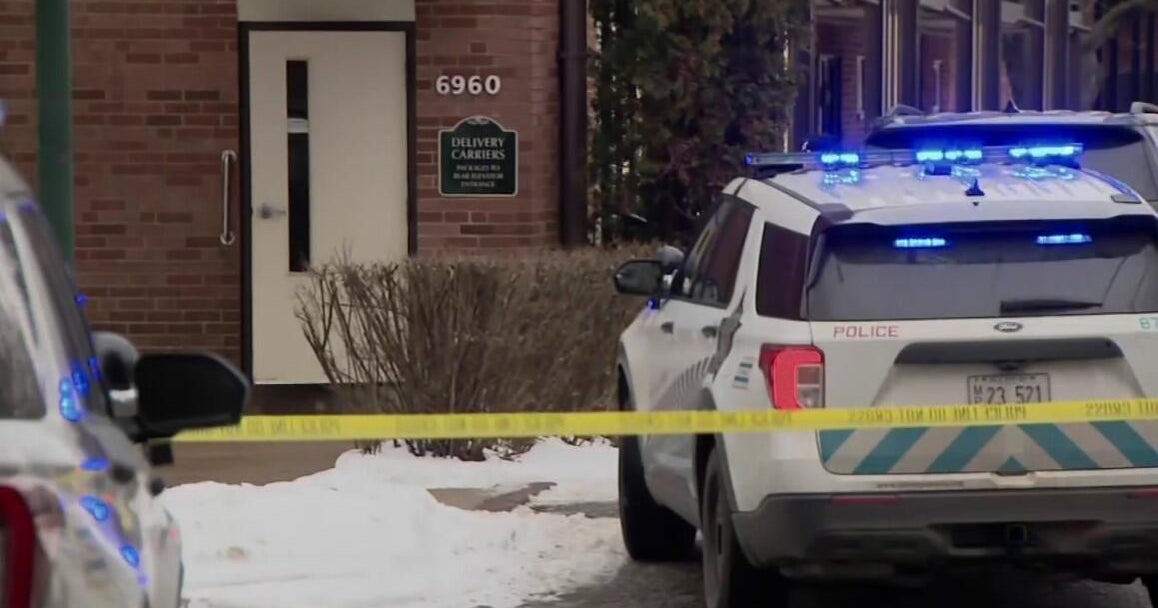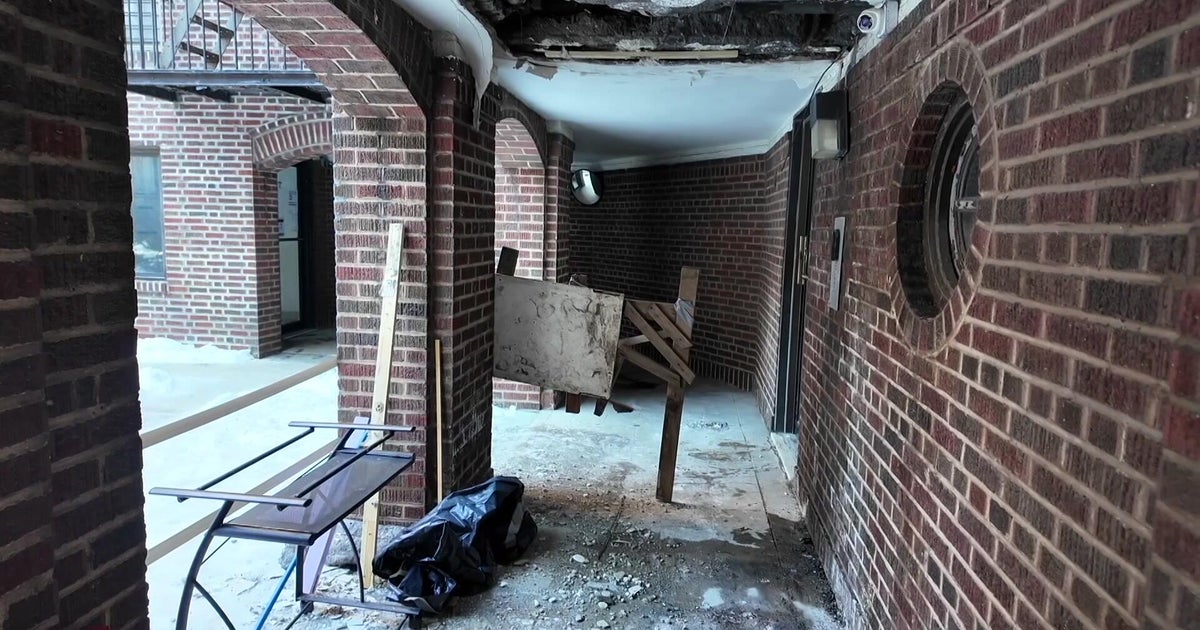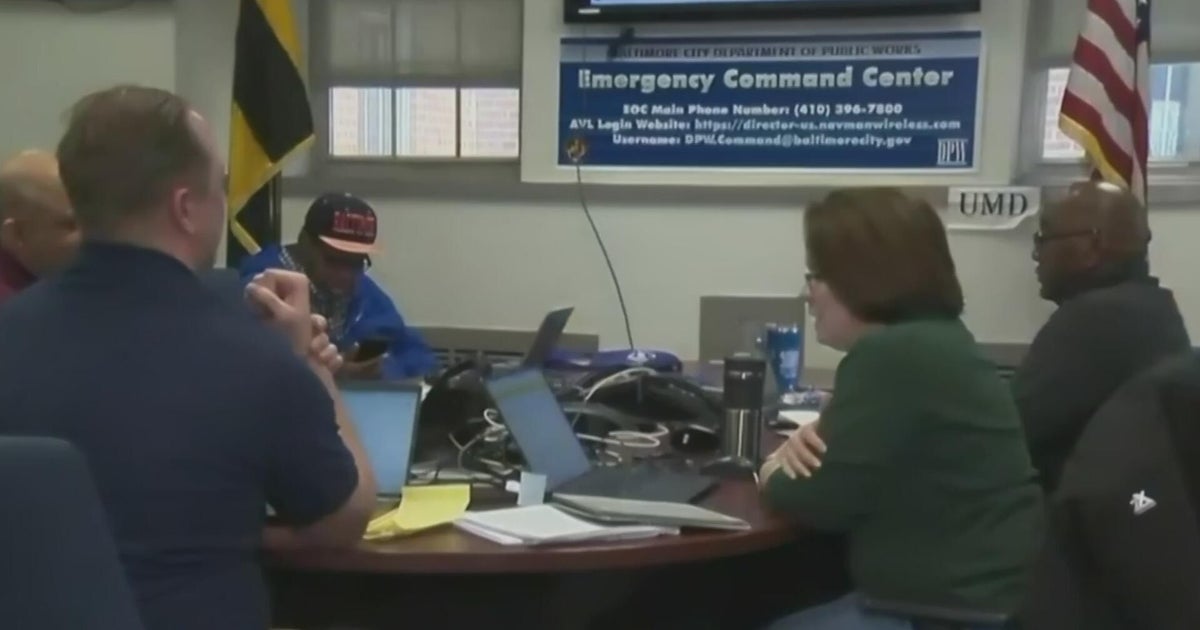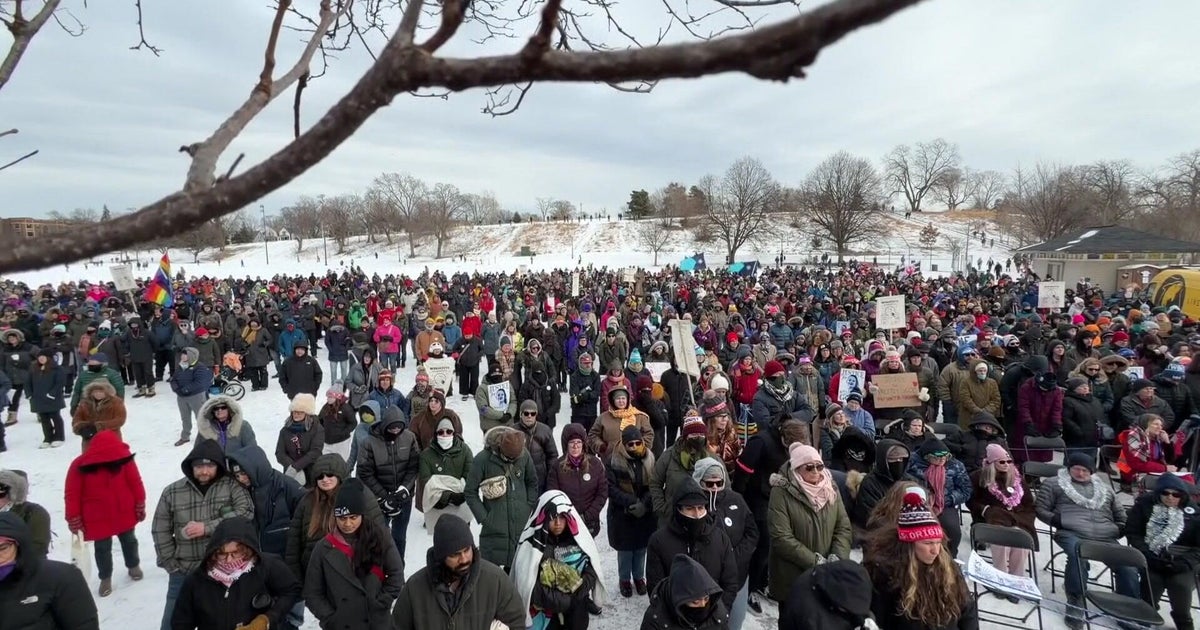Chicago ER struggles with sweltering temperatures
CHICAGO (CBS) — Staff members at Community First Medical Center said they're working in 80 and upwards of 90-degree temperatures inside their hospital's emergency room because of faulty air conditioning.
They shared photos to show a situation they call uncomfortable and unsafe for their patients.
That's because its air conditioning system can't keep up, and staff claim they are experiencing temperatures as high as 90 degrees inside the emergency room.
It's not the first time.
"We are having to literally drown some of our patients in ice packs because we have no other way of keeping them cool," said one staff member.
CBS 2 spoke to four staff members, each wanting to remain anonymous to protect their employment. But they said the same thing—this is a yearly problem they hoped administrators would prevent this time.
"Of all the places in the hospital, an ER should not be struggling this much with regulating the temperatures," said an anonymous staffer.
It's an ongoing program problem. CBS 2 brought the issue to staff last year after an ER doctor shared a photo. At the time, industrial fans were in exterior doorways.
CBS 2 took the new round of concerns to administrators, who said, in part, they are in "the process of installing a permanent, brand new system," adding that "about 70% of the new system is now installed," with more parts on the way.
In the meantime, staff are using so-called spot chillers in various areas and sharing photos of the solutions.
But administrators categorically deny the staff's thermostat photographs, saying, "We are not seeing the temperatures you are describing in the Emergency Department."
What's the staff's response to that?
"That's a lie. I can take pictures right now," said the anonymous staffer.
Each staff member said the same thing.
"The photos are current. I took more right now as the temperature continues to rise. Every day, we take pictures and nothing has changed," said an anonymous staff member.
Administrators said the final shipment of chillers should arrive next week, but it's little relief for a sweltering staff.
"It should have been fixed last year. It should never be a situation," said the anonymous staffer.







